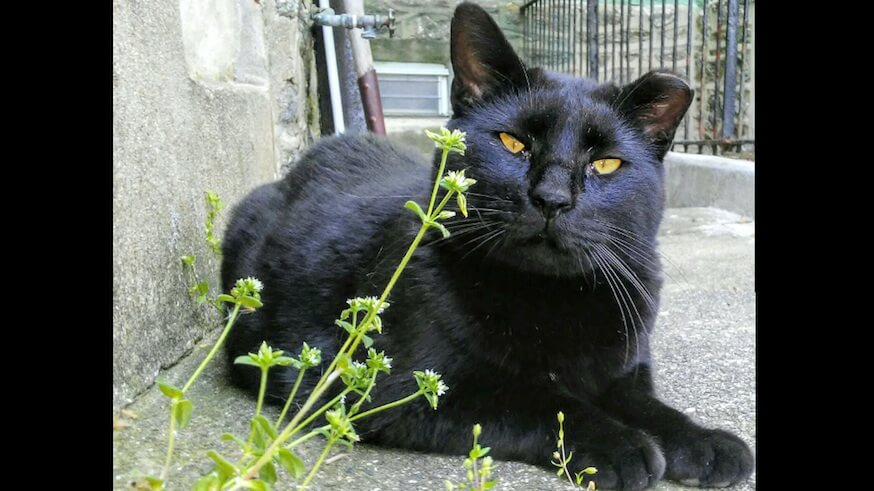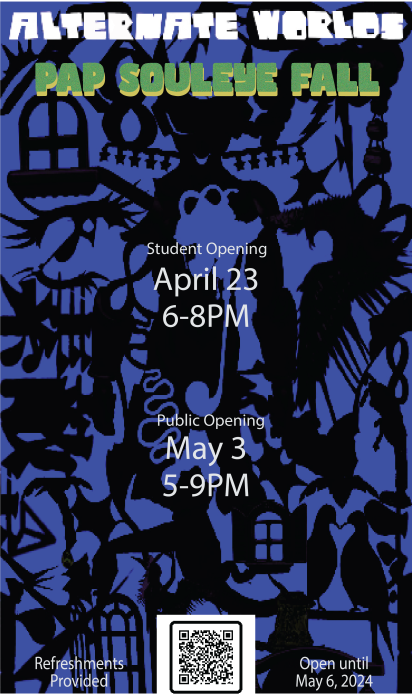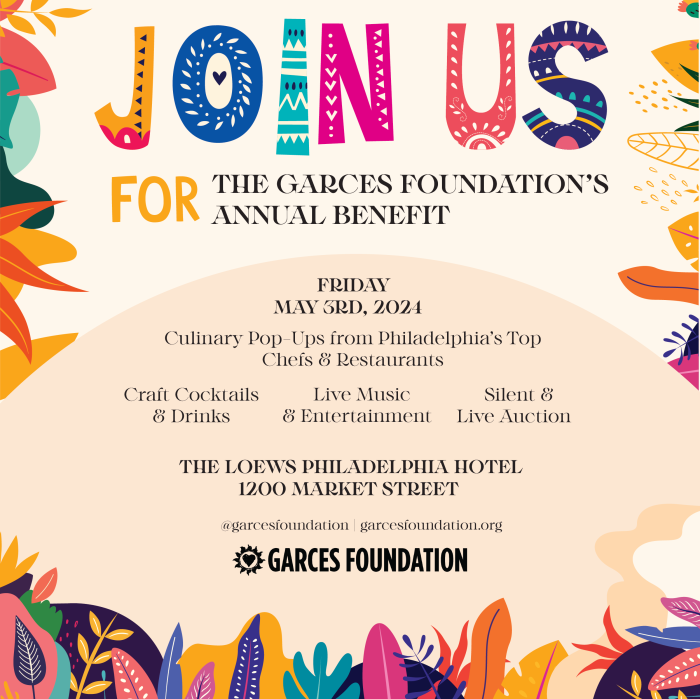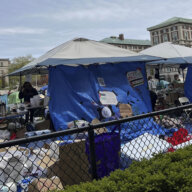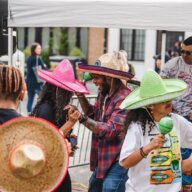Stray cats are such a common sight around some Philadelphia neighborhoods that they’ve picked up a bad reputation. Some people fear them as pests that may be dangerous or carry a disease.
But Kris Papiernik and Kia Griffin, the women behind Kolony Kats, see them a little differently: as friends.
“We don’t do it for praise – we do it because it’s the right thing to do,” said Papiernik, 35, who along with Griffin, also 35, cares for some 45 strays that live at colonies around Feltonville, where they live. “If their days can be a little bit easier somehow, that’s reward enough for us.”
Kolony Kats uses “TNR” (trap-neuter-release) to help stabilize the stray cats that live in various gangs around the neighborhood, which they have dubbed the Backyard Boys, the Gas Station Kitties and the Stray Kitty Crew.
They visit the strays regularly, feed them and capture and neuter or spay any new cats to prevent population expansion.
Papiernik and Griffin have been caring for strays for 10 years. Four years ago, their current project started with two kittens around the corner – the original Kolony Kats. Then they heard there were a few strays at the gas station. They discovered 17 adult cats and 21 kittens. It was a hectic, hot weekend, but they got all the adults neutered and the kittens adopted out. From then on, it was a calling.
In Feltonville, strays have been subjected to danger from cars, intentional cruelty and even random violence. One cat from the Stray Kitty Crew was hit by a bullet, they said, and bullet fragments in his hind leg caused a severe abcess that proved fatal.
“It’s been pretty rough for the last few years,” Papiernik said. “We’ve had crimes and shootings, literally right in front of our home.”
In a way, Kolony Kats brings a wildlife preservation philosophy to an urban setting. Stray cats are a never-ending problem in Philly, and just getting rid of them does not fix the problem, experts say.
“There really aren’t any downsides to TNR,” said Staci Papadopolos, manager of animal care for the PSPCA.
She explained that feral cats, which grew up outside, can’t live in human homes, but if you just remove them from their various colonies, researches have found other strays attracted by the same resources will eventually repopulate it. The only way to get rid of a colony is by keeping its population static and allowing cats to die out. They can’t just all be gotten rid of, or there’d be other problems.
“We may now be thinking of cats as pests, but … at this point, cats have created a balance in the ecosystem. They are controlling pests. If we took them out, we would just have a greater pest problem.”
Feral cats also pose relatively little danger to humans, she said, since they don’t carry diseases that humans can get and typically run away from people, rarely attacking unless cornered. But TNR ultimately needs to be carried on by community members, Papadopolos said, since animal welfare groups just don’t have the manpower.
TNR may be catching on in Philly with the next generation. This fall, the women will release a new children’s book designed to educate kids on how to help take care of feral cats in urban environments.
One of Kolony Kats’ biggest fans is the couple’s 5-year-old nephew Shon, who wants to grow up to be a football player, veterinarian, “cat feeder” and Spiderman, they said. Photos of Shon caring for the Kolony Kats were featured on The Dodo and quickly went viral.
Their time with Shon inspired the idea of a book.
“We’re not telling children to go out and find all the feral cats you can. The book says don’t touch them, don’t pick them up, they might get scared … but just because they’re scared, doesn’t mean they don’t still deserve love and to be treated with respect,” Papiernik explained.
“We hope we can maybe inspire a couple of other kids with a book,” she said.
Cutting in, Griffin joked, “And maybe in the future, they can become a crazy cat lady or cat daddy like us.”
Follow @KolonyKats on Instagram



